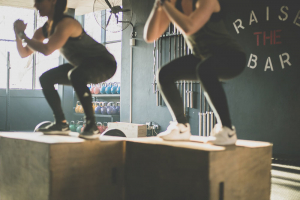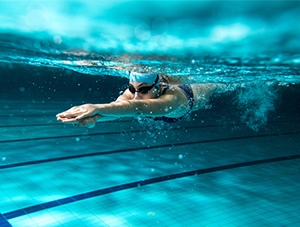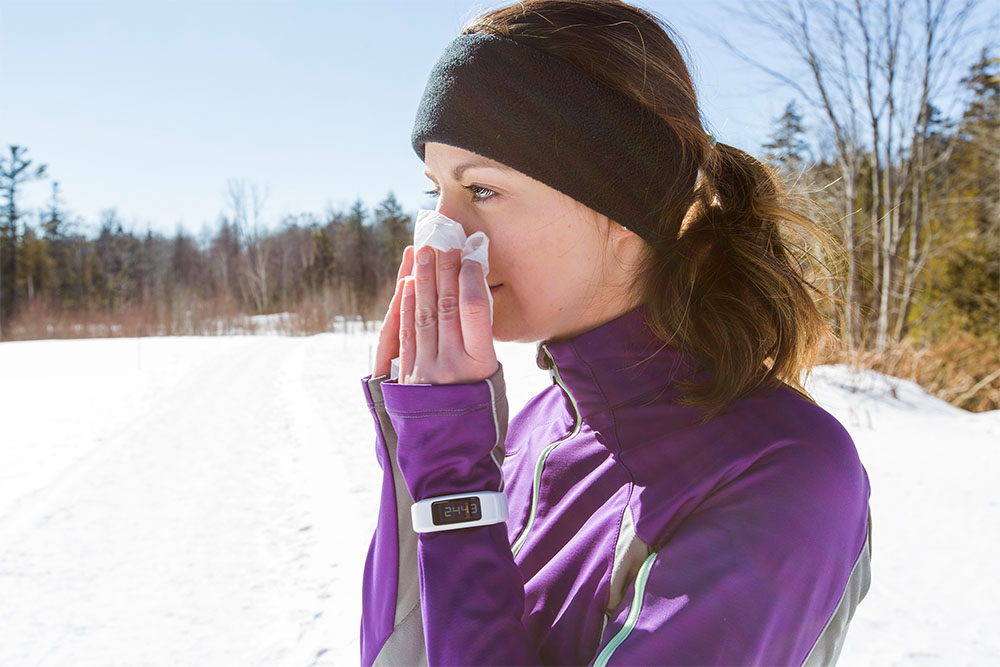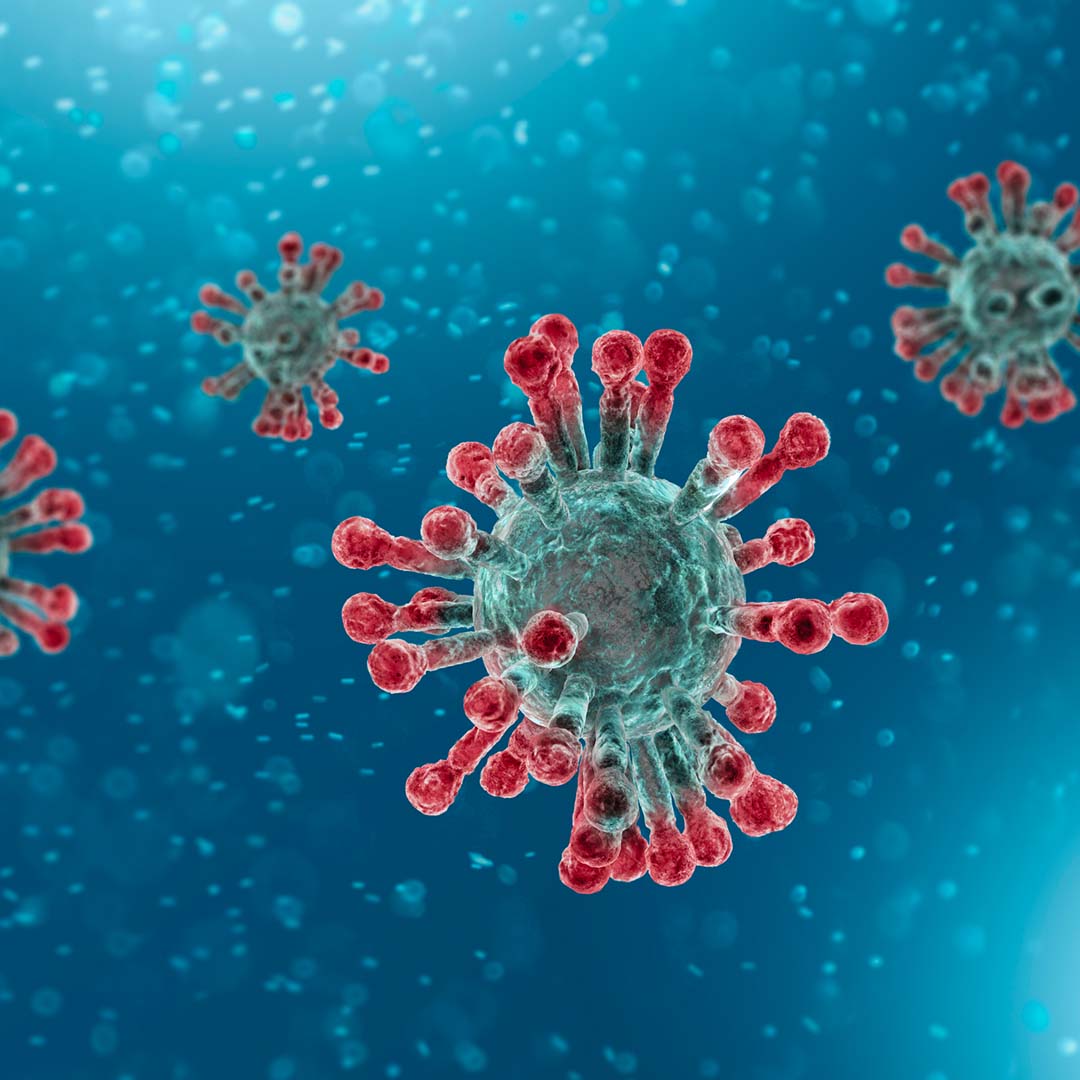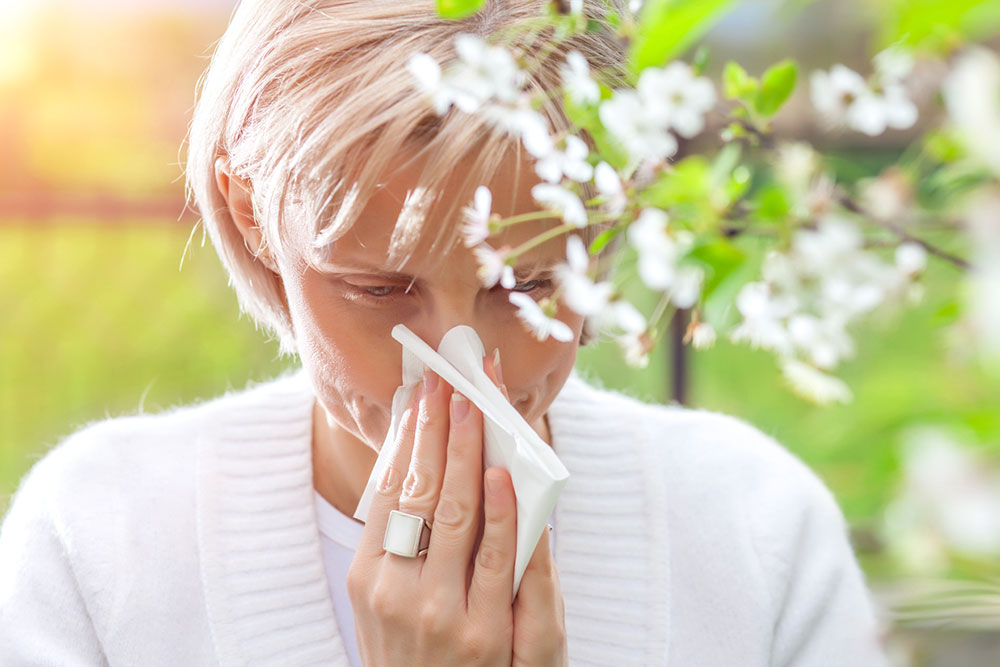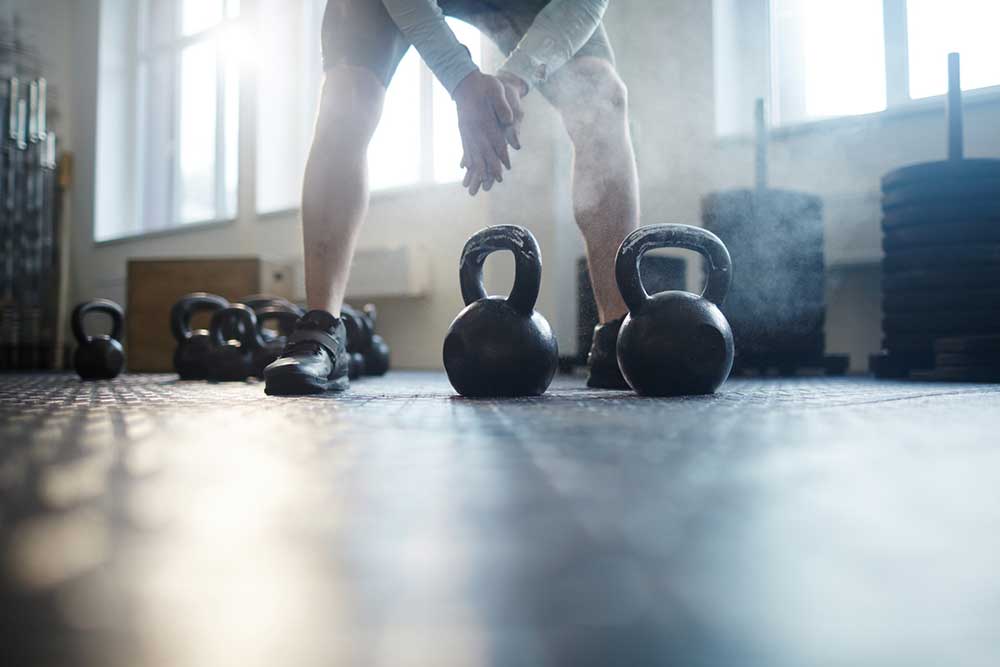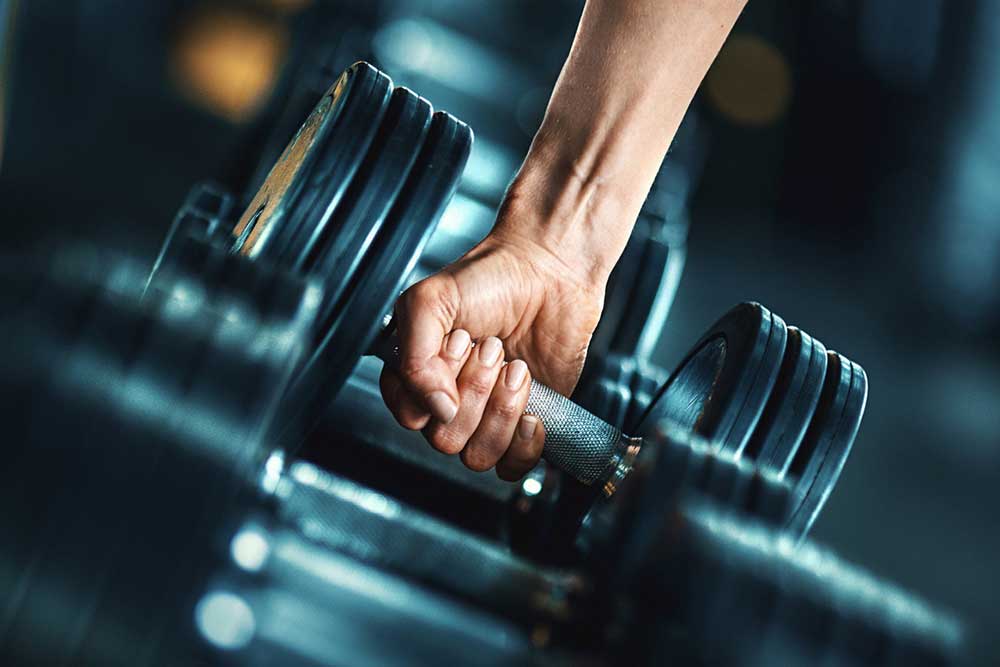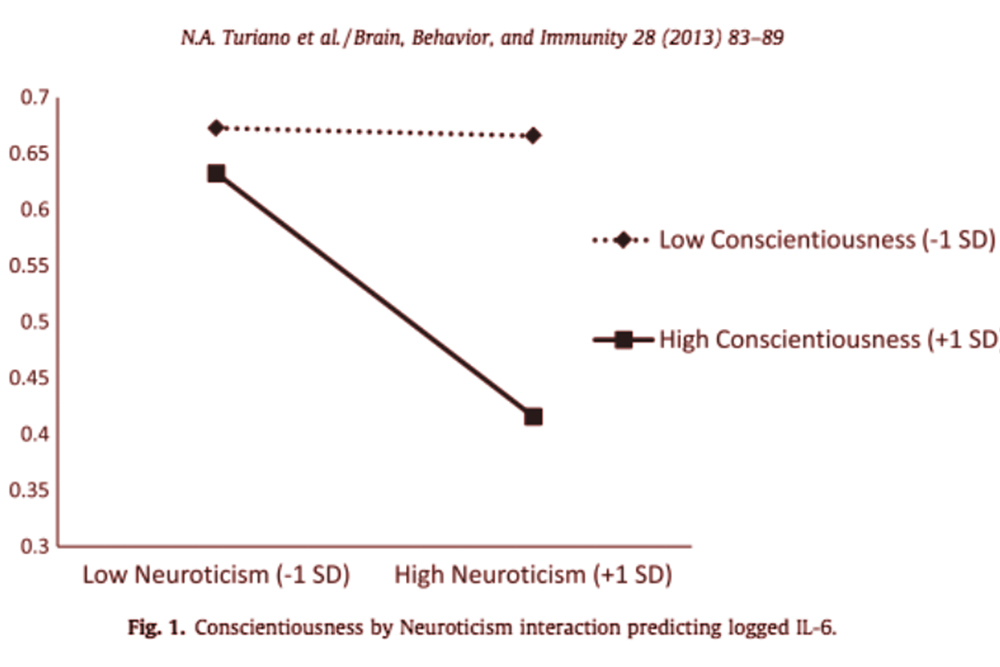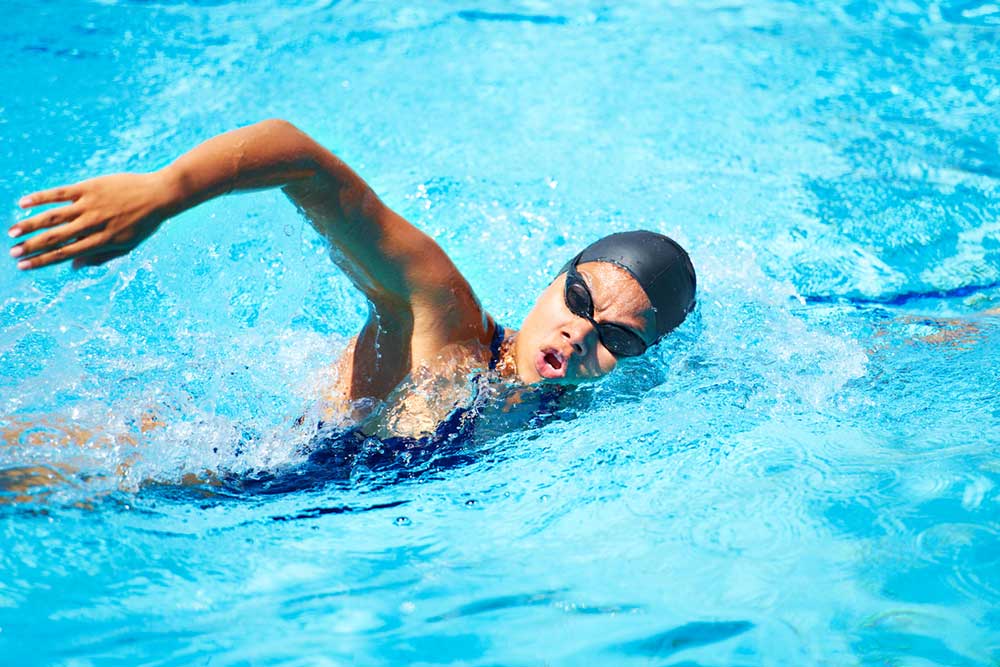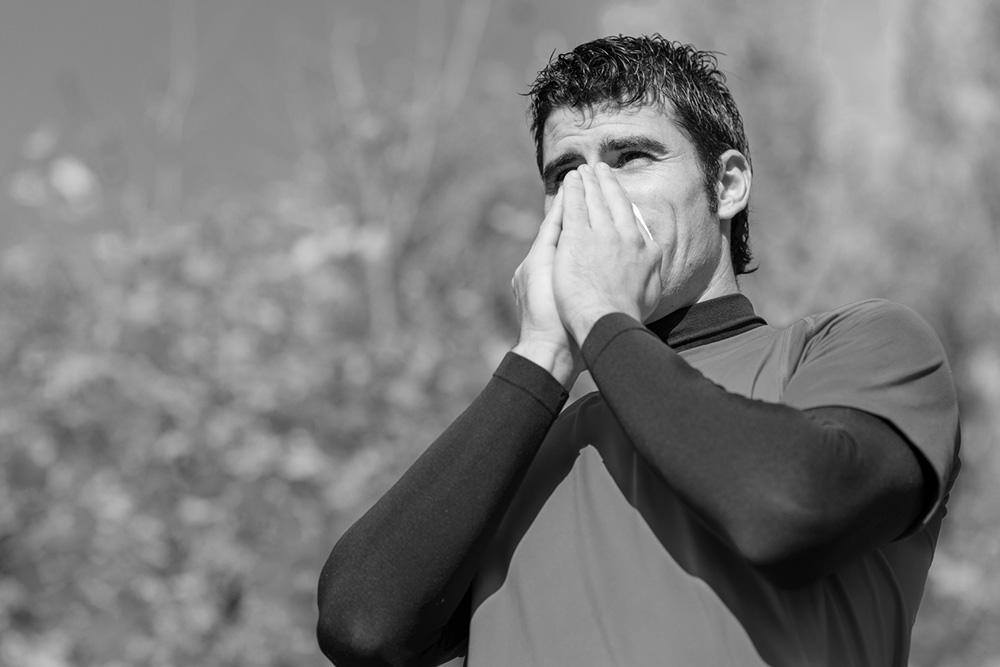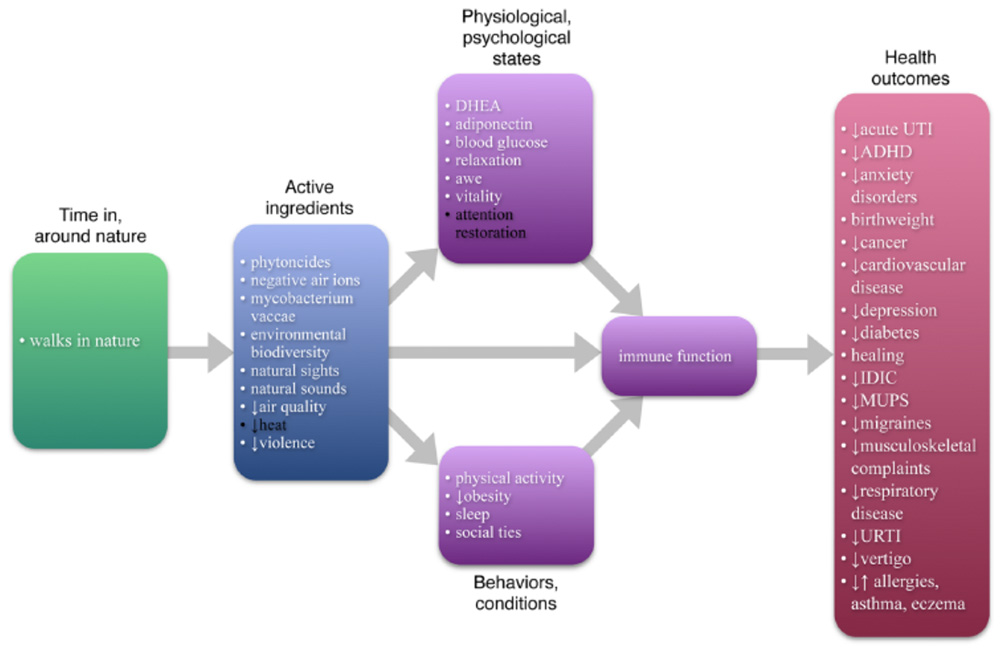Physical Activity and The Immune System
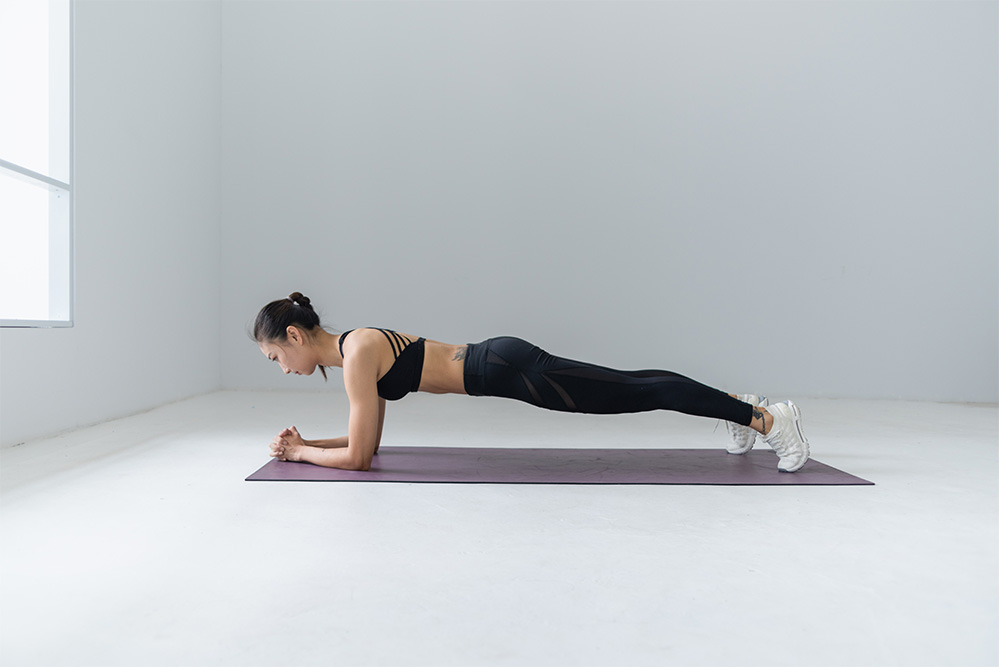
Almost everyone on the planet knows that exercise is good for them. Its good for your heart, good for your waistline, and even good for your mental state.
But what if I told you that it may also be good for your immune system?
Well, recent research suggests that it probably is.
What is exercise immunology?
When we are talking about the relationship between exercise and the immune system, we are talking about exercise immunology.
This new area of scientific research is simply the study of the effects of exercise on the immune system and its ability to protect and defend against harmful pathogens (Nieman, 2019).
Within this we could look at how both acute and chronic exercise influences the immune system, how your nutrition after exercise can impact your immune system function, and how you can optimise the potential benefits to immune health that come from exercise.
It is a truly interesting area of research.
Related Article: Get Outside and Exercise – Your Immune System Will Thank You
Effects of exercise on the immune system
I briefly mentioned that when looking at exercise immunology, we need to look at both the acute and chronic effects of exercise on the immune system – and this is because they are both significantly different.
Moreover, how the body responds to an acute bout of exercise is dependent on the volume and intensity of that bout.
Acute effects of moderate intensity exercise on the immune system
During a single bout of moderate intensity exercise that is less than 60 minutes long we see an increase in blood circulating throughout the body. This comes with the increased transport of immune cells throughout your entire body.
This is then combined with a substantial increase in the secretion of anti-inflammatory cytokines, which help lower harmful inflammation throughout your body.
Importantly, over time, these exercise-induced changes in immune cell function, inflammation, and immunosurveillance, may be of particular benefit to boosting the overall strength of your immune system.
Acute effects of high intensity exercise on the immune system
However, if you are performing extremely high intensity exercise for durations of longer than 60 minutes, you see a different story.
The high stress environment created by extreme exercise conditions actually downregulates these same immune cells that moderate intensity exercise activates.
Additionally, under these extreme conditions, you also see a huge spike in the secretion of stress hormones epinephrine and norepinephrine – both of which increase inflammation and further downregulate immune system function.
It is important to note that as long as you give your immune system time to bounce back after this type of session, it comes back stronger than ever – which may improve your resilience to disease and illness in the long run.
Exercise boosts the immune system
As you now know, exercise predominantly has a net positive effect on the immune system (Campbell, 2019).
It is well established know that chronic exercise can stave off several diseases, even including communicable diseases such as viral and bacterial infections, as well as non-communicable diseases such as cancer, diabetes, and metabolic syndrome.
And this holds true even the exercise program you follow is of a very high intensity – because over time it causes a chronic reduction in inflammation.
A problem only arises when the immune system is not given time to recover appropriately after intense exercise.
In an ideal setting, after an extremely intense training session you would give your body enough time to adapt completely. This allows your immune cells to return to normal levels, while your body becomes better able to handle stress.
Over time this would likely increase the function of your immune system further because it is forced to adapt to the high stress environment.
But when it comes to overtraining and immune function, things get nasty.
Can exercising too much have a negative impact on the immune system?
It is safe to say the exercise reduces your risk of disease – unless you fall into a trap of overtraining.
Very simply, if you do not give your body time to adapt between intense training session, your immune system will get worn down, and illness will ensue.
It is for this reason that athletes tend to get sick after prolonged and repeated bouts of competition. Because their immune system has copped an absolute beating.
In fact, some research has shown that around 12% of competitive runners will get some sort of illness or infection within a week after racing a marathon, while a whopping 40% will get ill within eight weeks after (Nieman, 1990).
And the kicker?
Those athletes who were running more than 96 km per week after completing the marathon were twice as likely to get ill compared to those who were running less than 32 km per week.
In my mind this is a clear demonstration that too much of a good thing is not always a good thing.
Tips for endurance athletes to keep immune system high
While this makes sense, it does not make it easy. Athletes must train hard to perform at their peak. They simply cannot be interrupted by illness or disease.
With this in mind, there are certain strategies you can implement to optimize recovery and ensure that you do not get ill – even if you are training for a super intense event like a marathon.
Tips
- Mange your training load: when it comes to staving off illness, load management is key. You want to make sure that you increase load gradually (~10% per week at a maximum) so that your immune system can slowly adapt to the increased demands placed on your body.
- Pay attention to your body: if you feel the early signs of sickness coming on, back off your training. Intense training loads will exacerbate the problem and increase your risk if getting ill.
- Be hygienic: by simply following good hygiene practices (such as washing your hands, not sharing utensils, and not sharing beverages) you can seriously limit your likelihood of illness.
- Consume enough energy: during intense blocks of training, consuming enough energy to match energy demands and facilitate recovery is integral. If you are not eating enough to optimise recovery, then your immune system is the first thing to take a hit. This greatly increases your risk of overtraining and getting ill.
- Avoid excessive alcohol intake: as I am sure you would have guessed, alcohol impairs your ability to recover. So simply avoid it when you can – especially during intense blocks of training.
- Get enough sleep: sleep is when your body truly recovers from exercise. Very simply, if you do not get enough sleep then you will not recover. Make sure to aim for 8-9 hours per night, every single night.
- Practice stress management: in conjunction with the physical stress associated with exercise, psychological stress can also impair your recovery. As a result, there is some merit in performing stress management techniques (mindfulness and mediation comes to mind) to enhance recovery and keep disease at bay.
There you have it – my favourite tips to boost immune system function.
Related Article: High Volume Training Affects Immune System In Endurance Athletes
Is there a magic amount of exercise to reap the highest amount of immune benefits?
Taking all of this into consideration, you might be wondering whether there is a “perfect” amount of exercise to stave off illness – and unfortunately, as of right now there is no clear answer.
However, we can make some general recommendations.
Performing 3-5 moderate intensity aerobic exercise sessions is more than enough to boost your immune system in the short term. This could be in the form of a light jog, a bike ride, or even a swim – it should be enough to get your heart rate up for 30-60 minutes.
Then, I would recommend you combine this with 1-3 high intensity interval training sessions per week.
This type of exercise prevents against the onset of heart disease, diabetes, and cancer, all while causing chronic reductions in inflammation. Just remember, you need to have a couple of days between these types of sessions as they tax the immune system in the short term.
As simple as this type of exercise routine is, it can have profound effects on your immune system.
Related Article: Increase Your Immune System Through Exercise
Take Home Message
And there we have it – another massive tick for exercise. Not only can it improve your physical and mental health, but it boosts the health of your immune system too.
By following the tips outlined in this article you can balance your recovery even when your training loads are high – keeping your immune system in good health all the while.
References
Nieman, David C., and Laurel M. Wentz. “The compelling link between physical activity and the body’s defense system.” Journal of sport and health science 8.3 (2019): 201-217.
Campbell, John P., and James E. Turner. “Debunking the myth of exercise-induced immune suppression: redefining the impact of exercise on immunological health across the lifespan.” Frontiers in immunology 9 (2018): 648.
Nieman, David C., et al. “Infectious episodes in runners before and after the Los Angeles Marathon.” J Sports Med Phys Fitness 30.3 (1990): 316-28.
You Might Like:

